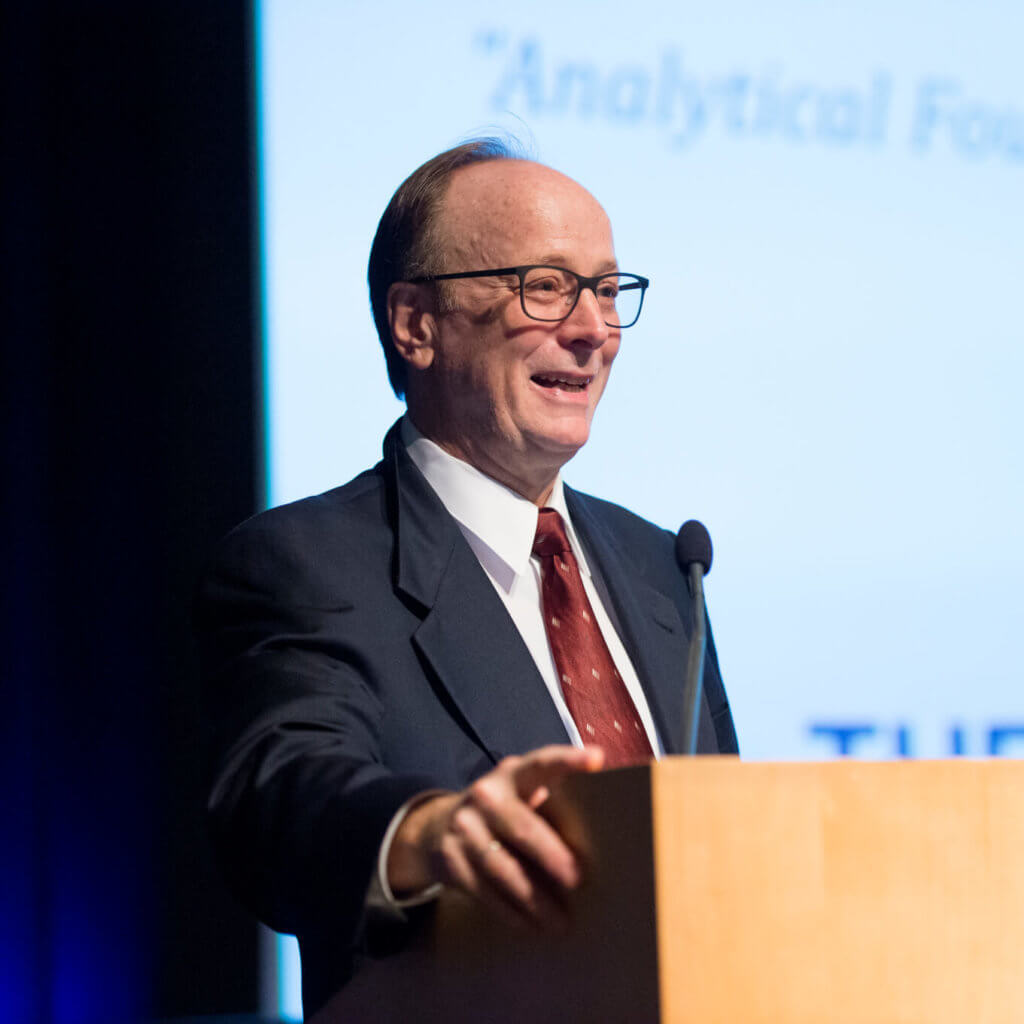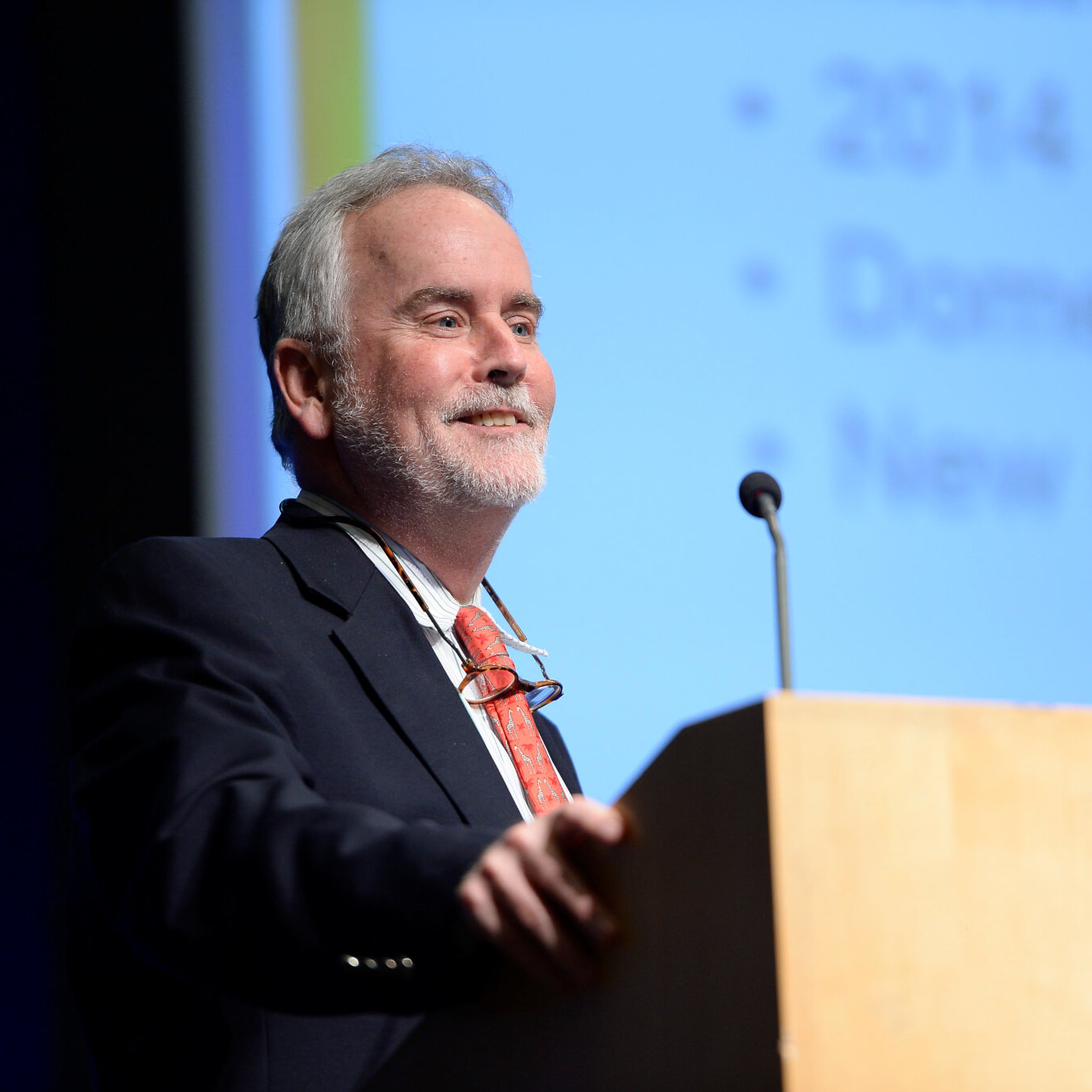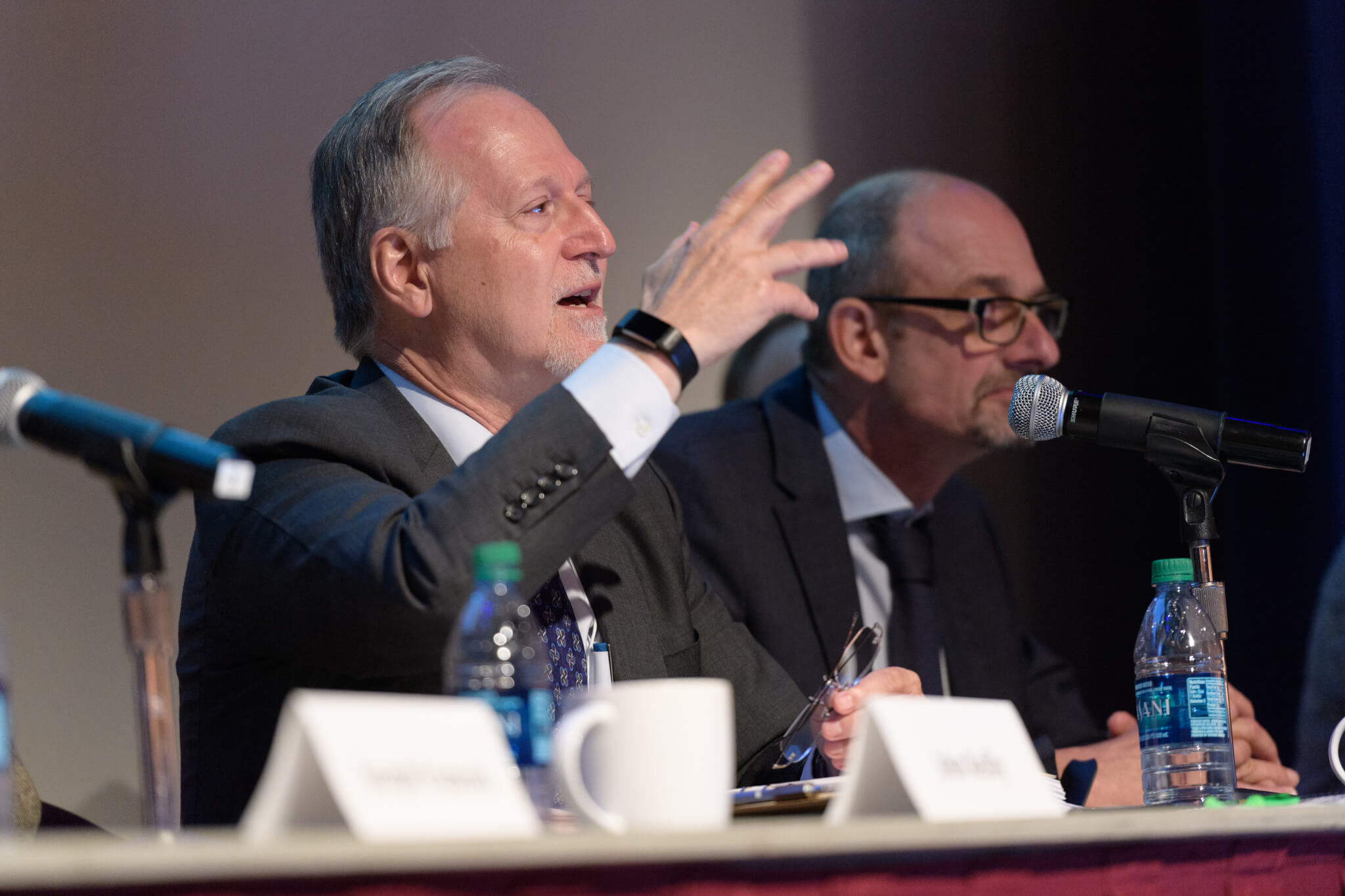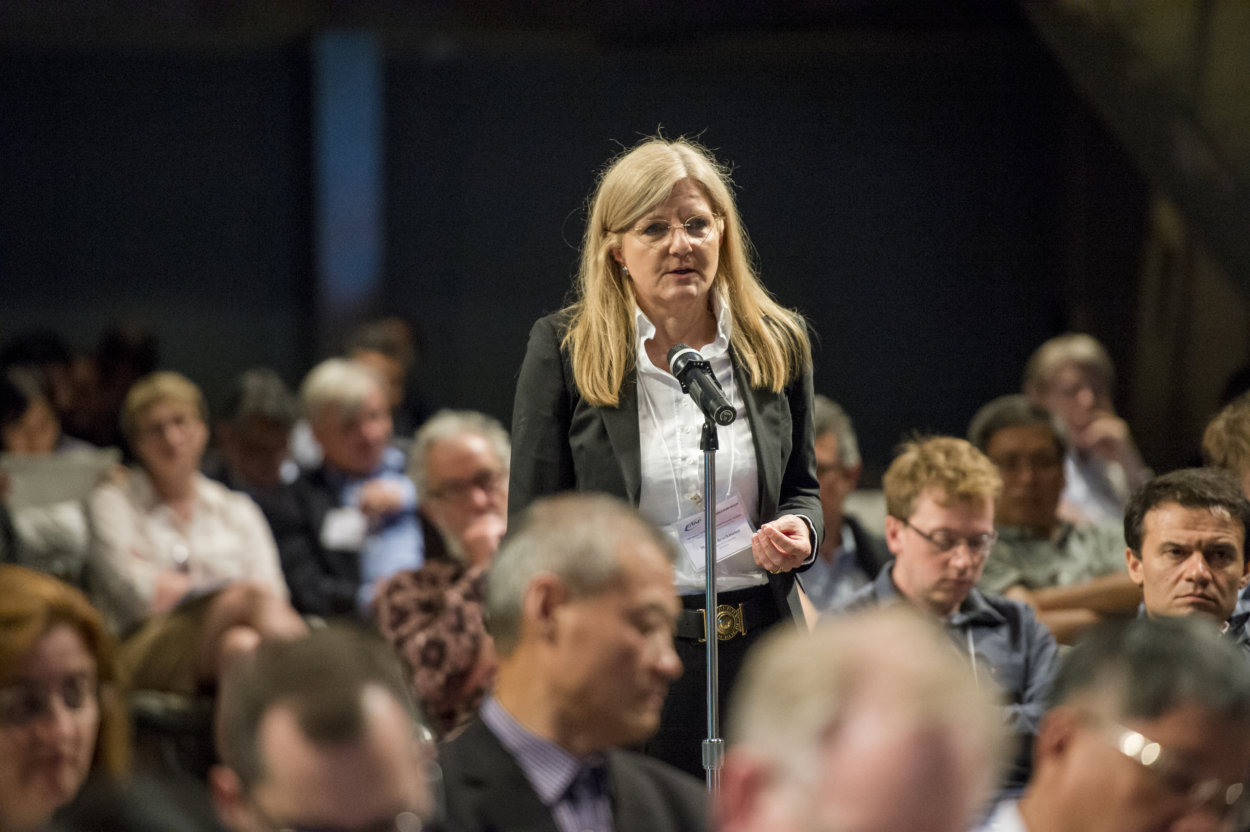As economics gain global attention, Purdue’s GTAP gathers worldwide leaders
Individuals from 43 countries will soon gather in Poland at the 22nd Annual Conference on Global Economic Analysis to exchange ideas and share their distinct perspectives. The annual conference is organized by the Center of Global Trade Analysis in the Department of Agricultural Economics at Purdue University. No matter their nationality, attendees are linked by the same common language for global economic analysis, one developed at Purdue University.
Other plenary speakers include Swati Dhingra, an associate professor at the London School of Economics who recently co-authored the report “Life after Brexit,” and Ottmar Edenhofer, a global leader on the economics of climate change.
These presentations are among the 184 scheduled for the conference, many of which contain research based on the GTAP Data Base and GTAP-type models. “Top-level government officials will be there, and as a result, the work presented at the conference filters out to decision makers,” said van der Mensbrugghe.
Most of the sold-out assembly is composed of people who attended last year’s conference in Colombia, and van der Mensbrugghe expects a large portion of this group to attend next year’s event in Tokyo. “Though GTAP and the conference are rooted here at Purdue, we continue to rotate together, around the world.”

Thomas Hertel, a distinguished professor of agricultural economics at Purdue, recognized the need for a worldwide economic database and launched the Global Trade Analysis Project (GTAP) in 1992. Before GTAP, such data was mostly unavailable to the public or the accessible numbers were largely inconsistent or unverifiable.
“By providing a common, widely accepted, analytical database for global economic analysis, GTAP allows economists to respond quickly to emerging issues, focusing their scarce resources on what really matters,” said Hertel, who served as GTAP’s director until 2004.
GTAP’s global network of researchers and policymakers work together, pooling research to make the analysis of international policy issues more accurate. The constant collaboration naturally led to an annual conference.

Dominique van der Mensbrugghe, research professor and director of GTAP, expects this year’s proceedings to be especially interesting with the media’s focus on the emerging volatility in international trade policies.
“In the years leading up to 2017, new trade agreements typically involved modest changes in already relatively low tariffs and weren’t daily front page news. Now, the work we do resonates because of what we’re living through.” Citing “hot topics” such as Brexit, the new United States-Mexico-Canada Agreement, the tariff wars between China and the U.S. and the Paris Agreement, van der Mensbrugghe anticipates no lulls in conversation.
 “This is the first time we’ve held the conference in Eastern Europe, which happens to coincide with the 30th anniversary of the fall of the Berlin Wall,” noted van der Mensbrugghe. “Sergei Guriev, one of our plenary speakers, is the chief economist for the European Bank for Reconstruction and Development in London. It is one of the large multinational banks that was set up after the fall of the Berlin Wall to help finance investments in Eastern Europe. We’re very pleased to have Sergei as a speaker given the historical importance of this meeting.
“This is the first time we’ve held the conference in Eastern Europe, which happens to coincide with the 30th anniversary of the fall of the Berlin Wall,” noted van der Mensbrugghe. “Sergei Guriev, one of our plenary speakers, is the chief economist for the European Bank for Reconstruction and Development in London. It is one of the large multinational banks that was set up after the fall of the Berlin Wall to help finance investments in Eastern Europe. We’re very pleased to have Sergei as a speaker given the historical importance of this meeting.
”Other plenary speakers include Swati Dhingra, an associate professor at the London School of Economics who recently co-authored the report “Life after Brexit,” and Ottmar Edenhofer, a global leader on the economics of climate change.
 These presentations are among the 184 scheduled for the conference, many of which contain research based on the GTAP Data Base and GTAP-type models. “Top-level government officials will be there, and as a result, the work presented at the conference filters out to decision-makers,” said van der Mensbrugghe.
These presentations are among the 184 scheduled for the conference, many of which contain research based on the GTAP Data Base and GTAP-type models. “Top-level government officials will be there, and as a result, the work presented at the conference filters out to decision-makers,” said van der Mensbrugghe.
Most of the sold-out assembly is composed of people who attended last year’s conference in Colombia, and van der Mensbrugghe expects a large portion of this group to attend next year’s event in Tokyo. “Though GTAP and the conference are rooted here at Purdue, we continue to rotate together, around the world.”






